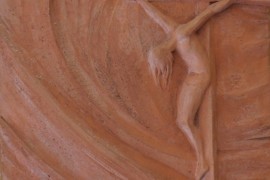 An exchange of e-mails led almost by chance – I believe providentially! – to my meeting Sister Nadine Tenace, a French woman religious, even though her surname indicates her Italian origins.
An exchange of e-mails led almost by chance – I believe providentially! – to my meeting Sister Nadine Tenace, a French woman religious, even though her surname indicates her Italian origins.
She is a member of the Congregation of Notre Dame de Bon-Secours de Troyes which was founded by Pere Paul Sebastian Millet. This Congregation lists and prays to St. Camillus de Lellis as its patron saint, its protector and the inspirational source of its charism: care for the sick, above all and in a totally privileged way in their families and their homes, in order to manifest the action itself of Christ who healed the sick and proclaimed to them the good news of salvation, in order to support the spirit of faith…and the style of the family’ (cf. Rules of Life, n. 4).
In the statutes of this Congregation (Const. n. 10) one can read clearly that ‘every sister is placed in the Institute in the name of the Church to bear witness to a special aspect of the Gospel which reveals the face of Christ:
Christ the servant: the washing of the feet (Jn 13:1-20);
the compassionate Christ: the Good Samaritan (Lk 10:29-39).
The Congregation is directed towards visits, the relief of the sick, nearness, and a lasting presence in conformity with an aptitude for compassion.
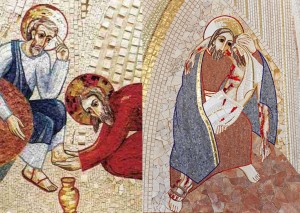 Pere Millet himself, during his walks in Rome, stayed for a long time in our Church of St. Mary Magdalene in front of the altar where there are the remains of St. Camillus and prayed intensely in front of ‘our’ crucifix.
Pere Millet himself, during his walks in Rome, stayed for a long time in our Church of St. Mary Magdalene in front of the altar where there are the remains of St. Camillus and prayed intensely in front of ‘our’ crucifix.
It was specifically when contemplating Christ who died and rose again, inspired by the Holy Spirit, that Sebastian Paul Millet tried to conform himself to Jesus Christ and to answer the call to enter: to provide relief to the suffering limbs of Christ.
This was faith in the words of Jesus: ‘I was sick and you visited me’ (Mt 25:36) which led to the creation of the Congregation of Notre Dame de Bon-Secours de Troyes. The insight of Father Millet always has its logic today as regards the suffering limbs of Christ, in the spirit that characterised him: charity, humility and simplicity.
Thus when he saw his next patient he seemed to see Jesus. Because of this, it was easier for him to be near suffering because it was Christ himself that he was healing.
This spirit of compassion lived every day was expressed in his care and respect for the other in the situation in which that person lived: he believed and trusted in that person despite his or her weaknesses and vulnerability. A times he also joined himself to his or her condition in order to reveal its true meaning.
UN PRÊTRE FONDATEUR
Father Paul Sebastian Millet was the founder of the Congregation of N. D Bon Secours de Troyes which was instituted on the feast day of the Annunciation on 25 March 1840.
He was born in a little village of Champagne, in Mériot, on 21 May 1797, in the full upheaval of the French Revolution. He entered the minor seminary of Troyes on 12 January 1816. He was ordained a priest on 31 August 1823. He became the vicar of Arcis sur Aube on 1 June 1824.
He looked at the people of his time like a man of God. He discovered that sick people of all categories did not have effective care and treatment and were often abandoned both in the countryside and in cities. Ill-treated, death came early and the family unit was deteriorating rapidly, both in terms of family cohesion and as regards its life of faith.
He was inspired to found a religious Congregation in order to counter the decadence of the spirit of faith and the spirit of the family and to look after and care for patients in their homes, asking for no material payment.
LE CHARISME
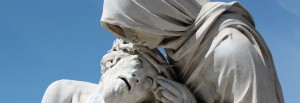 Mary has a special place in the Congregation. She is the ‘founder of the Bon-Secours’. Next to Jesus on the cross arises Mary, his mother who on her knees takes up the body of her crucified son, in solidarity with all the sufferings of humanity. This expresses the dual dimension of service of the Congregation: service to the sick and the poor but also compassion and sharing in the pain of human beings.
Mary has a special place in the Congregation. She is the ‘founder of the Bon-Secours’. Next to Jesus on the cross arises Mary, his mother who on her knees takes up the body of her crucified son, in solidarity with all the sufferings of humanity. This expresses the dual dimension of service of the Congregation: service to the sick and the poor but also compassion and sharing in the pain of human beings.
Compassion becomes presence, listening, support, sharing and witness.
An attempt is made to say God without necessarily naming him, in line with the belief of St. Bernard: ‘What we do, cries out more strongly than what we say’.



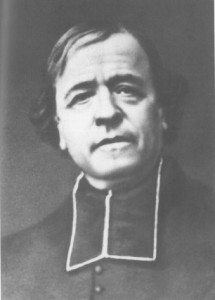





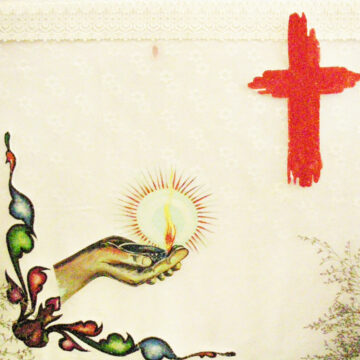
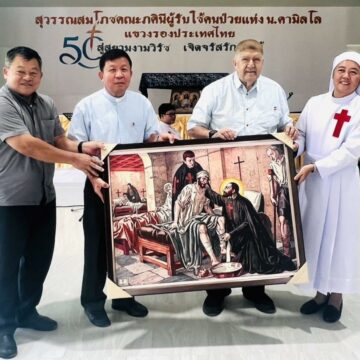
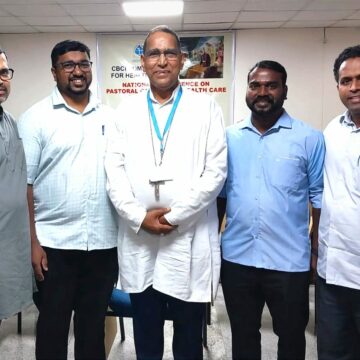
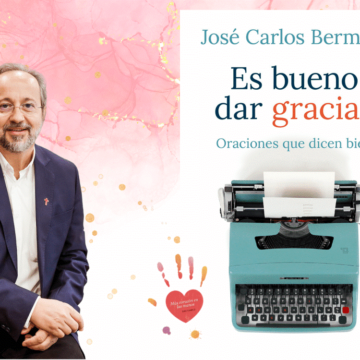

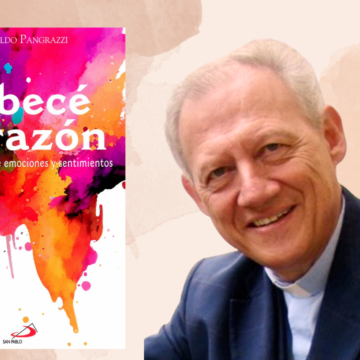
Camillians on Facebook
Camillians on Twitter
Camillians on Instagram